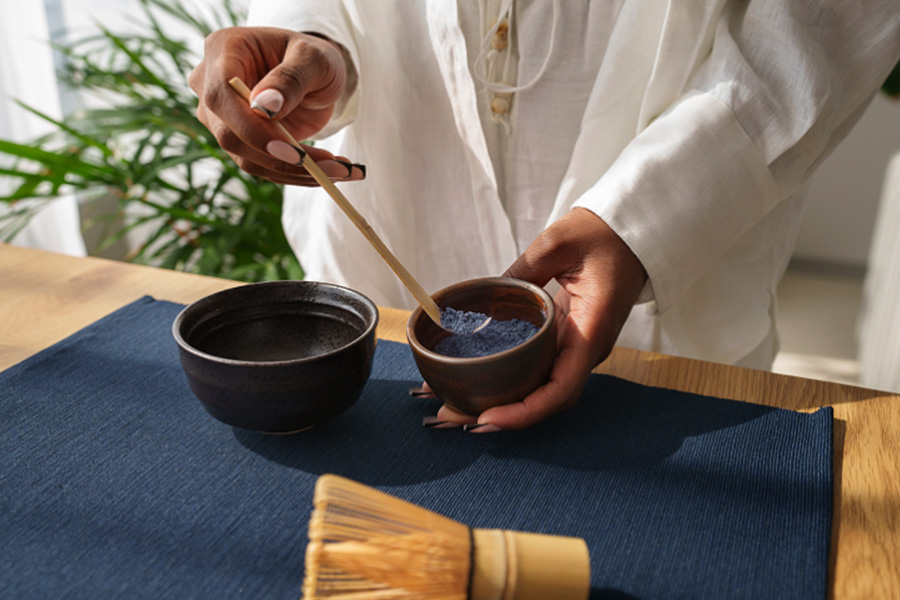
Traditional Chinese medicine (TCM) in Singapore continues to gain traction, not only as an alternative but also as a complementary approach to modern healthcare. Whether you are seeking relief for a recurring condition, looking to improve overall wellness, or simply exploring different approaches to healing, visiting a registered TCM physician in Singapore can be a thoughtful first step. These practitioners combine centuries-old methods with modern standards of care, making the experience accessible and professional for today’s patients.
1. A Consultation That Starts With Listening
You should anticipate that your initial consultation with a qualified TCM practitioner in Singapore will be more of a discussion than a diagnosis. The doctor takes the time to enquire about your eating habits, digestion, sleep habits, lifestyle, and even emotional health. Together, these specifics create a comprehensive picture of your health, which helps the treatment plan meet your unique requirements. If you’re used to hurried appointments elsewhere, you might find it refreshingly personal. The goal is to comprehend the bigger picture rather than merely cure a symptom.
2. Tongue and Pulse Analysis: A Different Kind of Diagnostic
One of the most distinctive elements of TCM in Singapore is the use of tongue and pulse analysis. Your physician may examine the colour, coating, and shape of your tongue while also checking your pulse at multiple points. These non-invasive methods allow TCM practitioners to assess imbalances in the body, often before symptoms become severe. It can feel unfamiliar at first, but many patients find value in how it shifts the focus from treating illness to restoring balance.
3. Herbal Prescriptions Tailored to Your Condition
Instead of a single pill, you might walk out with a blend of herbs chosen specifically for you. TCM physicians in Singapore are trained to craft herbal formulas that respond to your unique constitution and condition. These herbs may come in the form of powder, capsules, or even brewed tea. The prescription can change from week to week depending on how your body responds. Many people appreciate the individual attention and customisation involved in this process.
4. Acupuncture May Be Recommended
For issues like chronic pain, stress, or insomnia, acupuncture is a treatment you may encounter. Registered TCM practitioners in Singapore follow stringent hygiene standards and use disposable needles to ensure patient safety. While the idea of needles may seem intimidating, the procedure is generally painless. Some patients report a tingling sensation or a sense of warmth at the points of insertion. The goal is to stimulate the body’s energy pathways to support natural healing processes.
5. Guidance on Lifestyle and Diet
Your session might also include practical advice that extends beyond the treatment room. This could involve dietary changes, sleep habits, or even breathing exercises. TCM physicians in Singapore believe that everyday routines play a big role in maintaining or disrupting balance in the body. Rather than prescribing a long list of rules, they often offer small, manageable changes that align with your condition and lifestyle. The advice tends to be practical and easy to integrate into daily life.
6. Gentle, Ongoing Progress
Treatment with TCM is typically gradual. While you might feel some improvements after the first session, registered TCM physicians in Singapore often recommend multiple visits for sustained outcomes. Especially for chronic conditions, the focus is on long-term improvement rather than quick fixes. This approach suits individuals who want to understand their health better and are open to steady, incremental progress.
7. Clear Professional Standards
Choosing a registered TCM physician in Singapore means receiving care from someone who has undergone rigorous training and adheres to national regulations. Registration ensures that practitioners meet the required qualifications and continue to uphold standards of safety and ethics. This helps build trust, particularly for first-time patients who may be unfamiliar with TCM practices. You can check a practitioner’s registration status through Singapore’s Traditional Chinese Medicine Practitioners Board.
Conclusion
In Singapore, traditional Chinese medicine is becoming more and more popular as a supplement to contemporary healthcare as well as an alternative. Consulting a qualified TCM doctor in Singapore can be a thoughtful first step, whether you’re hoping to boost your overall wellness, manage a recurring condition, or simply explore alternative healing approaches. These professionals make the experience professional and approachable for today’s patients by fusing centuries-old techniques with contemporary standards of care.
To learn more or explore your options, contact Oriental Remedies Group.

